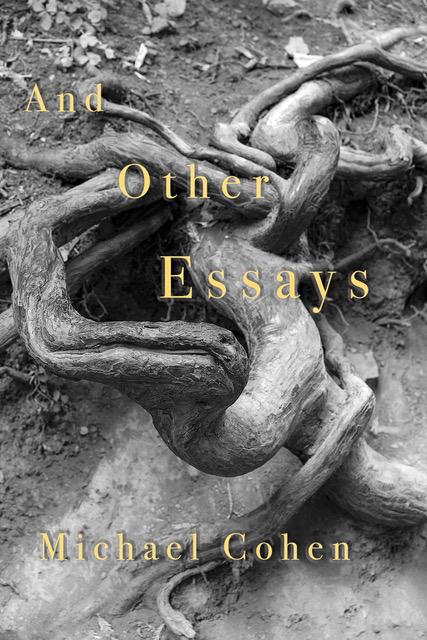The first known mystery novel written by an African-American is Rudolph Fisher’s The Conjure-Man Dies: A Mystery Tale of Dark Harlem. Fisher wrote it in 1932, and it was reprinted a few years ago by the University of Michigan Press. In it Dr. Archer, a Harlem physician, is summoned at about eleven one evening to a house across 130th Street from his own, where a psychic with the comic name Frimbo has apparently been killed.
A black homicide detective named Perry Dart is called in, and he and Archer together investigate the murder, interrogating the usual small list of suspects, including a numbers runner, the undertaker whose parlor is on the ground floor of the psychic’s office, the undertaker’s beautiful young wife, a Pullman porter for the New York-Chicago Twentieth-Century Limited, and a drug addict who thinks Frimbo has put a spell on his dying brother and who admits to trying to put a murderous spell on Frimbo. All those present mention the psychic’s hired man, who ushered his clients in and out of the psychic’s presence; this man has apparently disappeared, and we clever readers begin to suspect that perhaps he doesn’t exist; perhaps the psychic did his own reception work in disguise. The truth turns out to be a little more complicated, however.
Fisher includes a man seemingly resurrected from the dead, plenty of disguise, the use of blood testing and dental records to establish identity, a love triangle, and a Harvard-educated African tribal chief.
The story wouldn’t pass the rules of fair-play detective mysteries, where all the suspects have to be part of the action from the beginning, but there’s hardly a dull moment. The language is frank for the most part, and the view from the inside of black Harlem society of theaters, poolrooms and psychic parlors is fascinating, as is the view of Africa as something exotic and unknown. There are a few—not many—topical references, among them one to Lindbergh’s flight, one only to the Depression, and one to a “television receptor” in Frimbo’s up-to-date laboratory. But the book is fun because it’s a real period-piece. It feels like the thirties not because its author is trying to recreate an era, but because he’s really writing in the thirties, so the speech of black Harlem and all the slang rings true.
Rudolph Fisher was a doctor who wrote novels and short stories. He lived in Harlem and on Long Island, and he is generally considered one of the core figures of the Harlem Renaissance of the twenties and thirties. He died a couple of years after The Conjure-Man Dies was published. This is his only attempt at mystery fiction.
